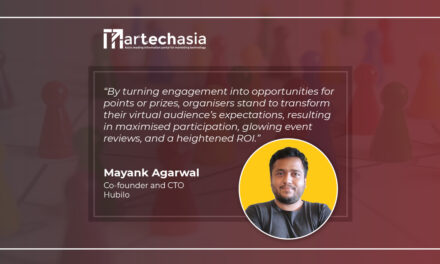Customers who are satisfied with their customers experience are three times more likely to purchase more
As people across Singapore find themselves spending an increasing amount of time on hold to customer service teams, research from the Qualtrics XM Institute shows only 57% of consumers say their issues were fully resolved during their most recent interaction and just 20% were fully satisfied with the wait time.
Drawing on insights from more than 1,100 consumers in Singapore, the Qualtrics XM Institute study shows the extent to which frontline customer service teams are impacting customer satisfaction, spend, and trust in the country. Even after a long wait to talk to an agent, empathy can go a long way toward saving an interaction and retaining trust.
Having personable and helpful service agents is among the most impactful drivers of customer satisfaction, and findings show how for many customers these capabilities make a bigger positive difference than wait times. Across Asia, customers who have their issues fully resolved during the interaction are 3.5 times more likely to be satisfied with their overall experience, and those happy with the wait time are 2.4 times more likely to be satisfied.
Reinforcing the importance of customer experience, the study also found customers who are satisfied with the overall customer service experience are more likely to purchase more, more likely to trust the organisation, and more likely to recommend.
Better enabling frontline agents is a significant opportunity for organisations to improve their customer experience in Singapore, with 35% fully satisfied with the helpfulness of the agent, 27% fully satisfied with the knowledge they demonstrate, and 26% fully satisfied with the empathy demonstrated.
“Organisations in Singapore are risking more than 5% of their sales because of poor customer experiences, demonstrating the need for enabling and empowering frontline teams to resolve issues in a timely and effective manner. At a time when consumers are more careful about their spending, have unprecedented choice, and increasing expectations, organisations that fail to address this gap risk losing their customers forever,” said Bruce Temkin, Head of the Qualtrics XM Institute.
Singaporeans still prefer human-to-human interactions
Over half of people in Singapore prefer to complete common customer service interactions using one of three human interaction channels, reinforcing the need to better enable frontline employees. The most preferred channel is meeting with someone in person (27%), with 21% choosing to speak with someone on the phone. Self-serve options via mobile (25%) and computer (20%) are also prominent, demonstrating the need for organisations to ensure a consistent and integrated experience across all channels.
Consumer preferences are also impacted by the type of interaction, with talking to someone on the phone the overwhelming choice when trying to resolve billing issues (45%) or receiving technical support (35%). In contrast, self-service options are the most popular choice for transactional engagements like booking airline tickets (72%), getting a status update on orders (64%), and scheduling a medical appointment (57%).
For this study, XM Institute collected data using online survey from 33,093 consumers across 29 countries – including more than 1,1: Argentina, Australia, Belgium, Brazil, Canada, China, Colombia, France, Germany, Hong Kong, India, Indonesia, Italy, Japan, Malaysia, Mexico, the Netherlands, New Zealand, the Philippines, Singapore, South Africa, South Korea, Spain, Taiwan, Thailand, the United Arab Emirates, the United Kingdom, the United States, and Vietnam.



















